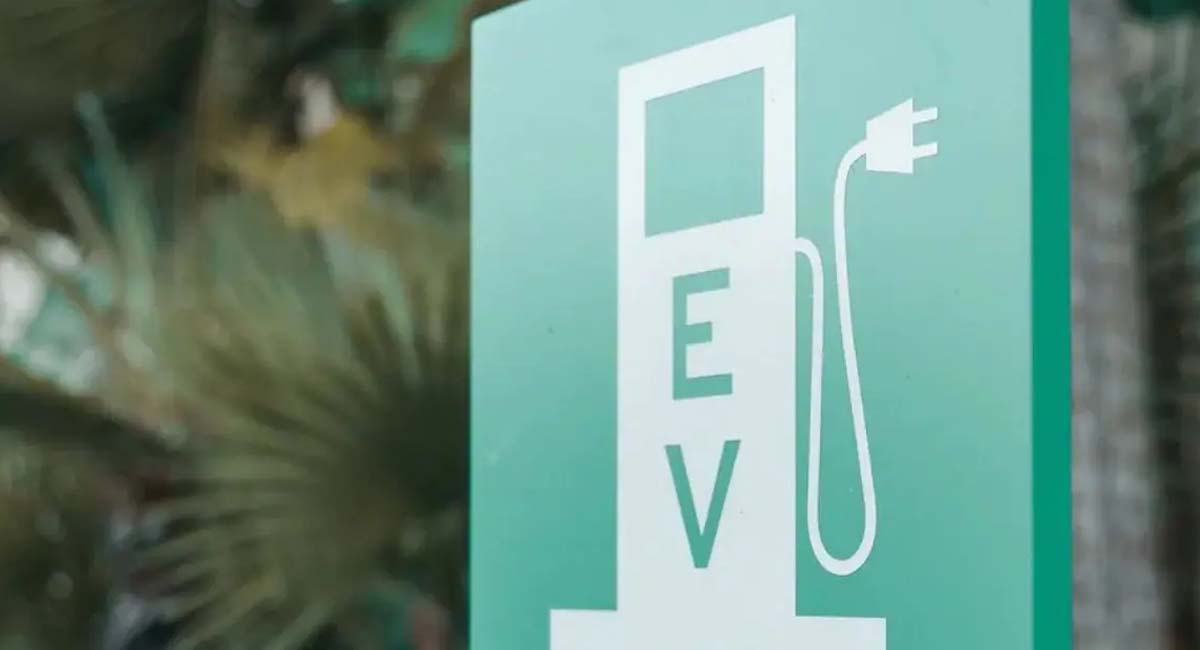
As the world’s third-largest auto market, India is a promising target for electric vehicle (EV) firms. According to a report by S&P Global Ratings, EV sales in India more than doubled in the last year, although from a low base, representing less than 2 percent of total light-vehicle sales. The development of adequate charging infrastructure is a key factor for EV adoption in the country.
Domestic Companies Unlikely to Have Meaningful Global Share of EVs
Despite the potential for growth in India, it is unlikely that any Indian company will have a meaningful global share of EVs in the near future. The report states that Tata Motors currently holds an 80 percent share of the market. Going forward, Tata Motors’ UK subsidiary, Jaguar Land Rover Automotive PLC, “may lag behind other players in the move to EVs, which could affect its competitiveness.”
Asia at the Centre of the EV Era
Asia is expected to remain the biggest producer and market for EVs, EV batteries, and EV battery materials. Countries like China and Korea have industry-leading technology while Indonesia is a major resource for nickel. China alone has a larger EV market than the rest of the world combined and Asian companies are leading the way in the sector.
Tata Motors has recently raised $1 billion (roughly Rs. 82,28) through the sale of convertible instruments to fund its Indian EV business. This has significantly reduced its debt at the India level and there is potential for further monetisation.
In conclusion, India is a key growth market for electric vehicle companies and the development of charging infrastructure will be crucial for EV adoption. Asia is expected to remain the biggest producer and market for EVs in the world and Asian companies are leading the way with industry-leading technology and resources.

